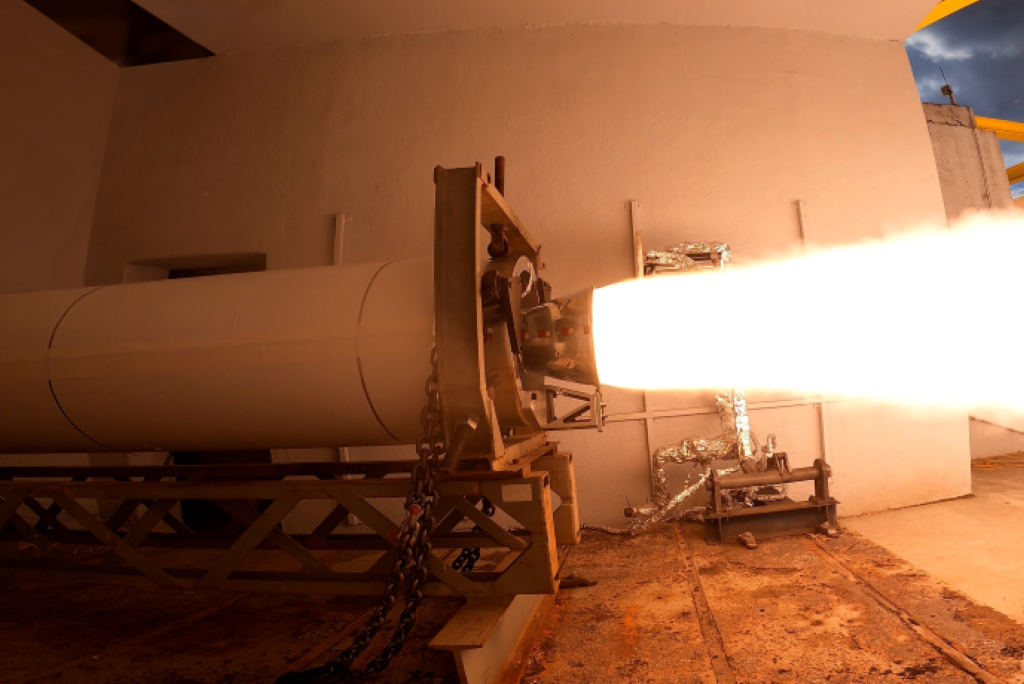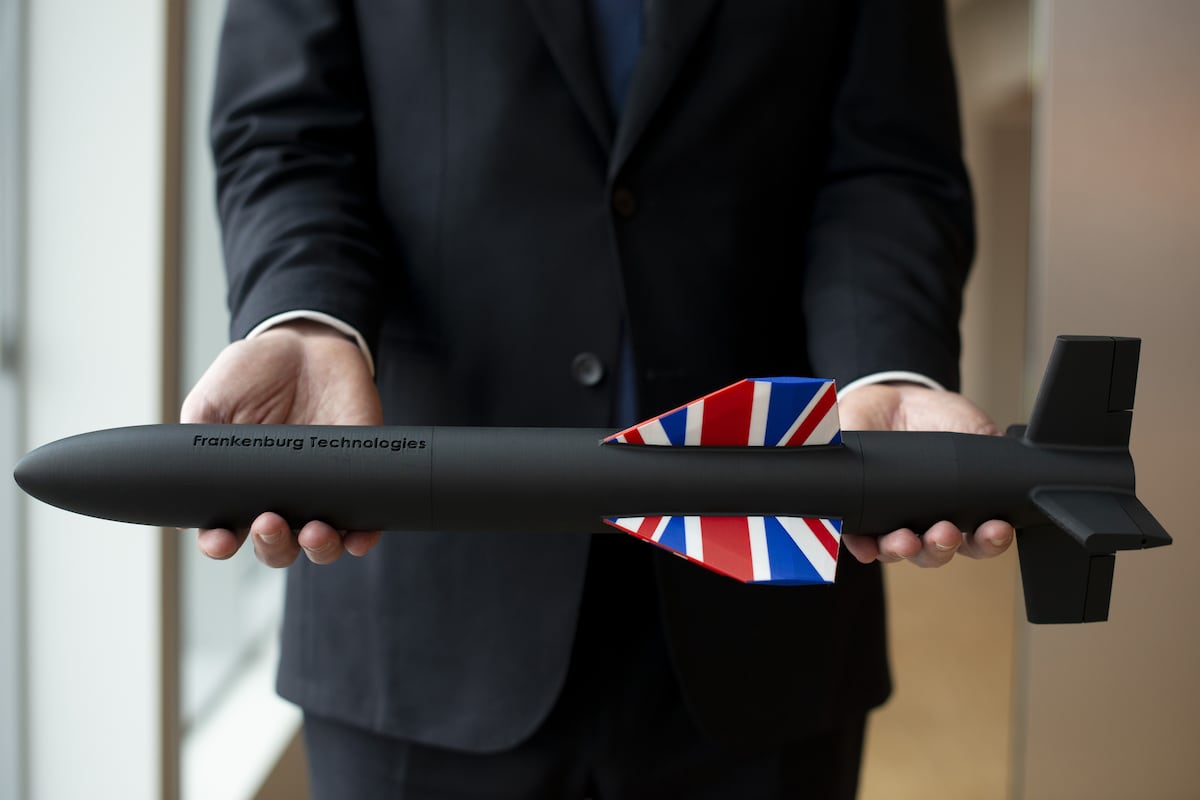Advancements in Quantum Navigation Technology
Overview of Quantum Sensing Applications
Recent developments in quantum devices capable of measuring Earth’s magnetic fields hold promise for alternative navigation systems, potentially offering a substitute for traditional GPS technology. A significant contract from the Pentagon indicates progress in tackling the essential challenge of verifying the operational effectiveness of these quantum sensors.
SandboxAQ and the Defense Innovation Unit Partnership
On Tuesday, SandboxAQ announced its agreement with the Defense Innovation Unit (DIU) to engage in the Transition of Quantum Sensing (TQS) initiative. This collaboration permits the military to assess the company’s AQNav software on various aircraft under diverse operational conditions. This latest partnership builds upon prior testing with the Air Force, which involved evaluations on C-17 Globemaster IIIs during exercises conducted in May and July 2023.
Luca Ferrara, general manager of AQNav at SandboxAQ, emphasized that this agreement, combined with substantial breakthroughs in research, creates a solid foundation for advancements in magnetic navigation technologies. While it remains uncertain when affordable, autonomous one-way attack drones will effectively navigate to targets, the DIU contract reflects growing confidence in the right inquiries being posed by researchers.
The Mechanisms of Magnetic Navigation
While magnetic sensing is not an entirely new concept—rooted in the Earth’s crustal magnetic fields that power traditional compasses—the precision required for military applications remains unfulfilled. Conventional compasses cannot provide the accuracy necessary for precise navigation of aircraft or drones.
High-end quantum sensors, however, are capable of detecting magnetic fields with significantly enhanced precision compared to older technologies. Nonetheless, the variability of magnetic fields across the Earth poses challenges; these sensors may perform optimally in some locations but poorly in others. Current maps delineating magnetic fields are limited, as are testing methodologies for these sensors.
Ferrara noted, “The creation of these maps on a large scale typically requires specialized aircraft outfitted with numerous sensors.” Achieving accurate measurements is possible under controlled conditions, yet establishing reliability across varied environments remains a daunting task.
The Challenge of Reliable Navigation Metrics
Determining the operational effectiveness of magnetic navigation systems, especially when GPS capabilities are compromised, necessitates a thorough understanding of their performance under a broader range of conditions. However, conventional metrics—such as Required Navigation Performance (RNP) and Circular Error Probable (CEP)—can be misleading when applied to magnetic navigation.
SandboxAQ employs artificial intelligence to address the shortcomings in existing evaluation frameworks. A forthcoming publication by Prasenjit Sengupta, Chief Navigation Engineer at SandboxAQ in the December 2025 edition of the journal Navigation, introduces a novel methodology for quantifying error rates within known parameters, akin to generating a weather report that indicates how “cloudy” a magnetically determined position may be.
Limitations and Strategic Integration
Ferrara stated that while magnetic navigation may not entirely supplant GPS, understanding its operational conditions—what enhances or detracts from its efficiency—is crucial. Such knowledge is vital for constructing a comprehensive GPS backup strategy.
To effectively utilize alternate positioning systems, it’s imperative for onboard sensors to produce consistent and reliable measurements. Ferrara emphasized, “Even a GPS alternative must comprehend its own limitations.” This focus on continuous, scalable accuracy in position reporting is essential for military applications where precision is paramount.
Conclusion
The intersection of quantum sensing technology and defense applications heralds a potentially transformative approach to navigation. As research advances and partnerships strengthen, the goal of achieving robust, alternative systems to traditional GPS becomes increasingly attainable. Understanding the nuances and capabilities of magnetic navigation will be crucial in shaping future military operations and maintaining strategic advantages in a variety of environments.





